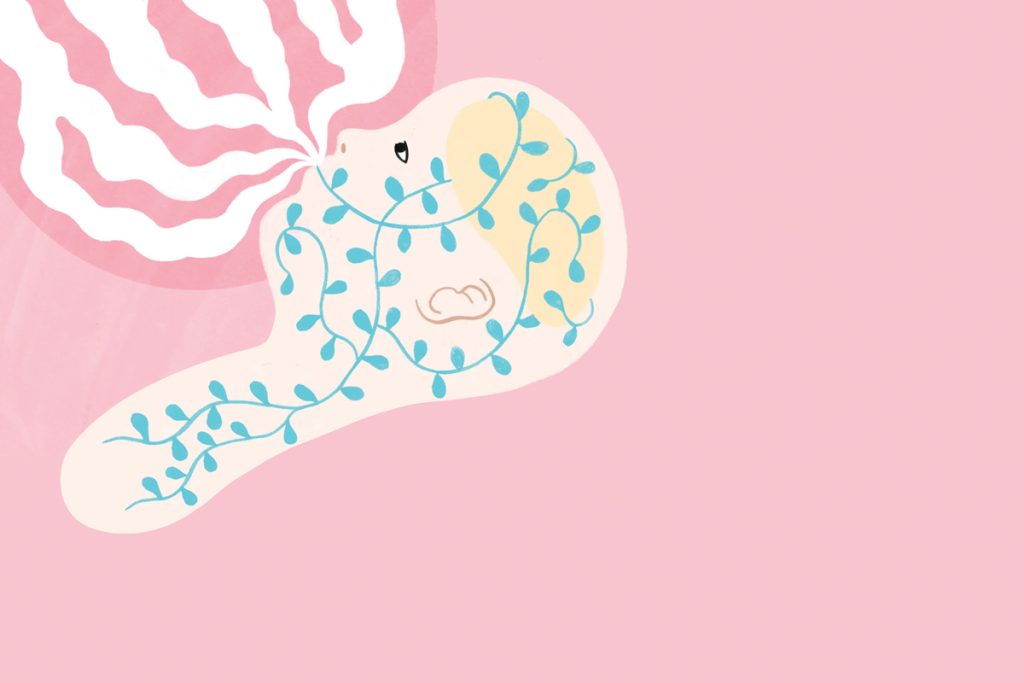We are well aware of the perils of antibiotic use during pregnancy, labour and post-birth – especially in recovery from a C-section impacting both mum and bub. But the good news is there are actions parents can take and a longer window of time to make them, to replenish the microbiome and good bacteria for both mum, breastmilk and babies developing microbiome.
So, what’s the research telling us?
- Nearly 60% of a baby’s microbiome in their first 30 days of life is inherited from their mum, according to a new study of 120 mothers and their babies. Breastfeeding continues the important transfer of beneficial bacteria that begins during labour and birth. A mother’s gut and breastmilk microbiome significantly contribute to the overall health of both mother and baby. So for mums – your baby’s immunity starts with taking care of yourself!
- The gut microbiota undergoes most of its development very early in life and major changes in the composition of the gut microbiota have been observed until a child is 2 to 3 years of age. However, an adult level gut microbial diversity might not be reached even at 5 years of age in new research. For parents: this extends the window of opportunity you have to positively impact your child’s gut health – and that’s good news!
- Do caesarean-born babies miss out on essential microbes? New evidence suggests that the answer may be “No.” Researchers report that mothers are able to transfer microbes to their babies via alternative, compensatory routes. While caesarean-born babies do receive less of their mother’s gut microbiome during birth, they make up for this by drinking their mother’s microbes in breastmilk. For mums – breastfeeding really is an effective way to help compensate for C-section and antibiotic impacts on bubs developing tummy bugs.
- A study concluded that regardless of birth mode – a mothers’ vaginal microbiome composition does not predict the composition of babies’ stool microbiome, even at 10 days after birth, or 3 months later. Although they found significant differences in microbiome composition by mode of delivery – vaginal vs. C-section – differences were primarily attributed to antibiotic exposure at the time of birth. Other maternal sources like breast milk and exposure to the environment likely play a much larger role in establishing gut flora than previously believed. For mums: another vote for breastmilk’s superpowers and replenishing the good bacteria after antibiotic use.
- Your microbiome is almost entirely shaped by how you live. In one of the largest studies to date, scientists analyzed the gut microbiomes of participants from 2,700 families over three generations, to uncover environmental and inheritable factors that explain what shaped the participants’ microbiomes. They discovered only 7% of our microbiome can be explained by inheritance. This means it is almost entirely shaped by external factors like our environment and lifestyle. Interestingly, 50% of the microbes we harbour are influenced by cohabitation (who we live and have contact with, including pets). Air pollution and medications were also top influencers of our microbial makeup. For parents: improving gut health is achievable and impacted by the families health, the family pet and a healthy environment!
Qiara probiotics isolated from breastmilk have been twice awarded best supplement for Mum by TellMeBaby and recently were a finalist in The Memo awards, enjoying a reputation as the “game changer” for breastfeeding mums with our mastitis relief claims and antibiotic recovery particularly for new mums, babies and infants.


